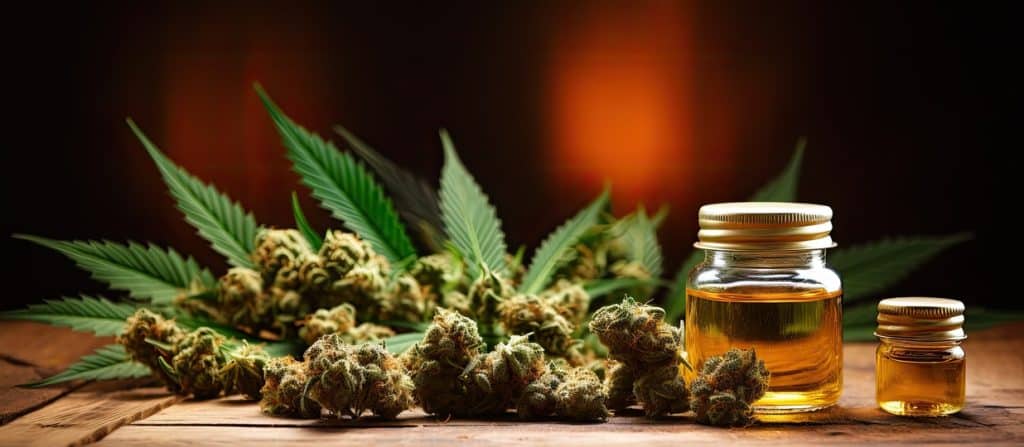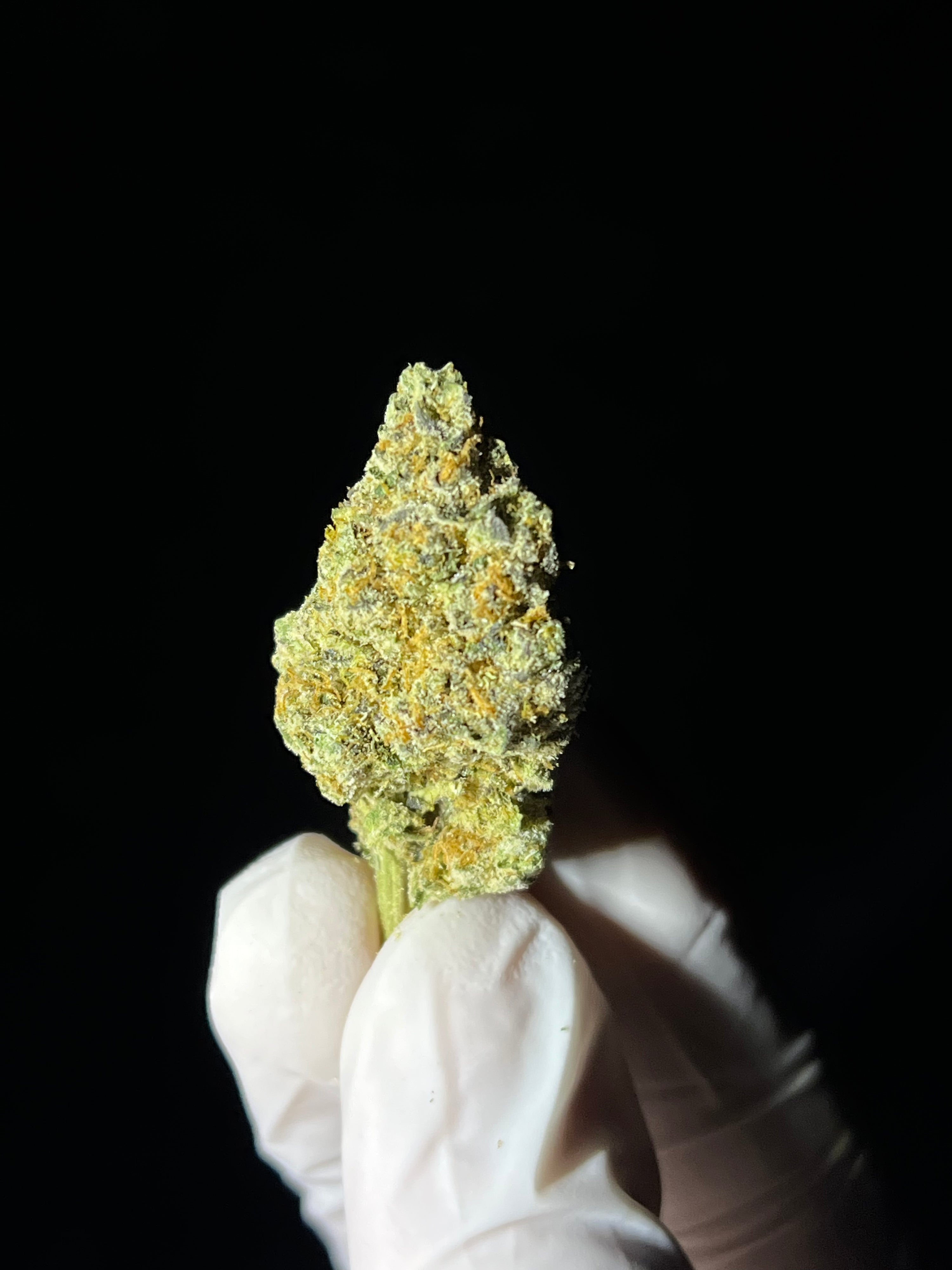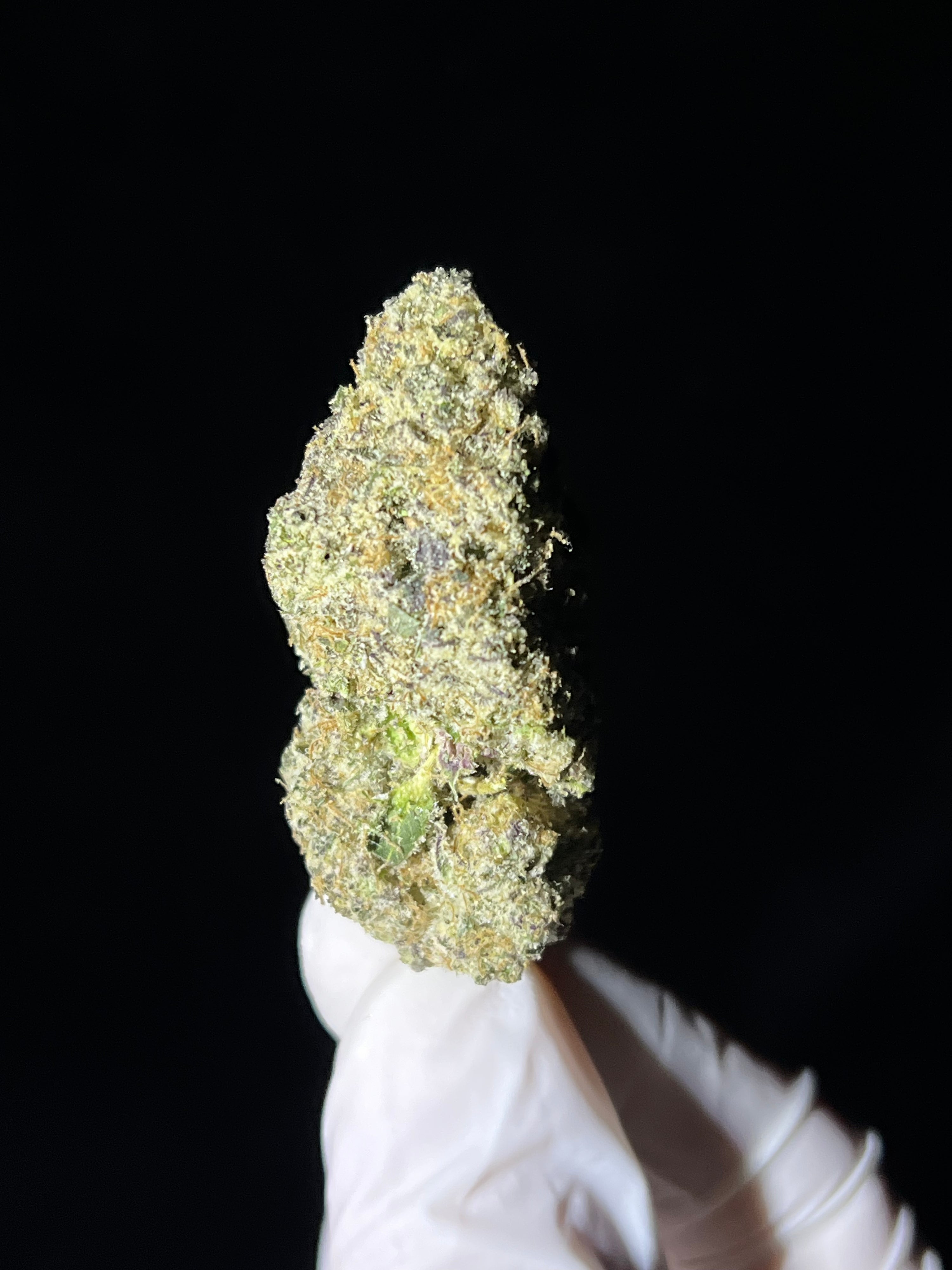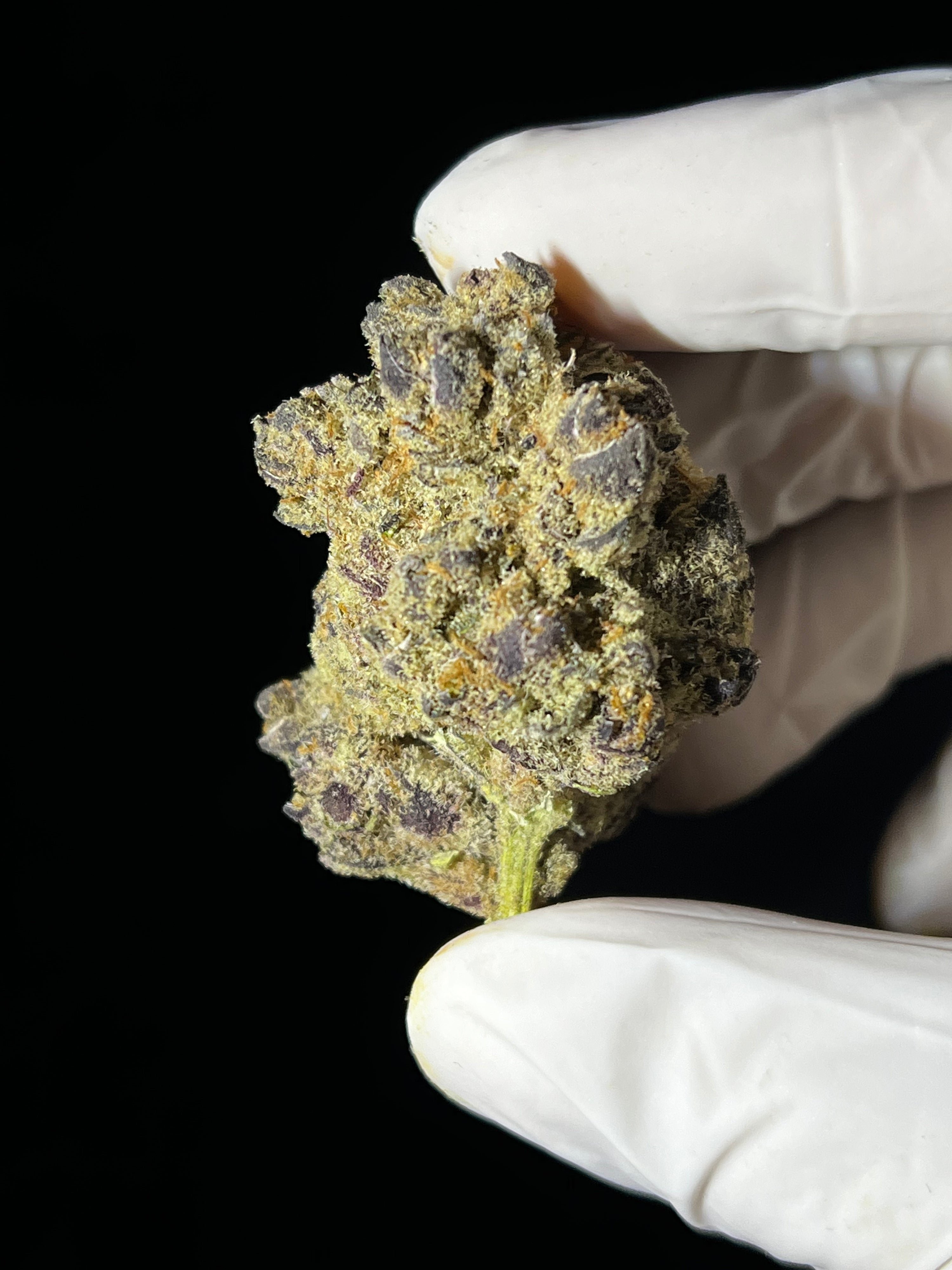

· By Zachary Taylor
Why THCA is the Future of Non-Psychoactive Cannabis: Benefits and Uses
In recent years, the cannabis industry has seen a major shift, with more consumers becoming aware of the many different compounds within the cannabis plant. While THC (tetrahydrocannabinol) has historically been the most well-known compound, THCA (tetrahydrocannabinolic acid) is quickly gaining popularity as a non-psychoactive alternative with a unique set of benefits.
Unlike THC, which is known for its psychoactive effects, THCA is not mind-altering in its natural form. In this blog post, we will explore why THCA is quickly becoming the future of non-psychoactive cannabis and discuss its many potential benefits and uses.
What is THCA?
THCA is the precursor to THC, meaning that when cannabis is heated (through smoking, vaping, or cooking), THCA is converted into THC and becomes psychoactive. In its raw form, however, THCA does not produce a "high" or alter a person's mental state. This makes THCA particularly attractive to those who seek the therapeutic benefits of cannabis without the intoxicating effects that are commonly associated with THC.
Why is THCA Gaining Popularity?
THCA is gaining traction for several reasons, especially as people become more informed about the potential non-psychoactive benefits of cannabis. Let's take a look at why THCA is being hailed as the future of non-psychoactive cannabis.
1. Non-Psychoactive with Powerful Health Benefits
One of the main reasons THCA is becoming popular is its non-psychoactive nature. While THC produces the well-known “high,” THCA provides therapeutic benefits without altering your mental state. For those who are looking for relief from certain conditions but don’t want to experience the euphoric or intoxicating effects of THC, THCA is an ideal option.
Some of THCA's potential health benefits include:
- Anti-inflammatory effects: THCA may help reduce inflammation, which can be beneficial for those with inflammatory conditions like arthritis.
- Neuroprotective properties: Early research suggests that THCA may help protect brain cells, offering potential benefits for neurodegenerative conditions like Alzheimer’s and Parkinson’s disease.
- Nausea relief: Like its cannabinoid counterpart, THC, THCA may have anti-nausea effects that could help individuals undergoing treatments such as chemotherapy.
- Appetite regulation: While THC is known for stimulating appetite (the “munchies”), THCA may provide appetite regulation benefits without the excessive cravings associated with THC.
These therapeutic effects make THCA an attractive option for anyone looking to tap into the wellness potential of cannabis without the side effects of intoxication.
2. A Rising Trend in Wellness and Holistic Health
As cannabis moves beyond recreational use and becomes recognized for its wellness and medical benefits, more consumers are turning to non-psychoactive alternatives. THCA fits perfectly into this growing trend toward holistic health and natural remedies. It aligns with the movement towards using cannabis-derived compounds for wellness purposes, particularly for people seeking therapeutic effects without cognitive impairment.
With growing interest in plant-based remedies and natural healing, THCA has become an important player in the wellness space. The demand for non-psychoactive cannabis products has surged, and THCA is at the forefront of this movement.
3. Accessible in Various Forms
Another reason for THCA's rise in popularity is its availability in a range of consumption methods. While cannabis in its raw form is the most common source of THCA, there are now several other ways to consume THCA that make it accessible to a wider audience:
- THCA Tinctures and Oils: These products are made by extracting THCA from raw cannabis and infusing it into a carrier oil. They can be taken sublingually (under the tongue) or added to food and beverages.
- Raw Cannabis Juices: A popular wellness trend, cannabis juicing allows individuals to consume raw cannabis in its pure form, maintaining its high THCA content without heating it.
- THCA Edibles: Some companies are creating THCA-infused edibles that provide a convenient and discreet way to consume this non-psychoactive compound.
These varied consumption methods make it easier for people to incorporate THCA into their wellness routines, whether they prefer tinctures, oils, or even raw cannabis juice.
4. Safety and Accessibility
Because THCA is non-psychoactive, it is perceived as safer for those who want to avoid the cognitive and mental effects of cannabis. Unlike THC, THCA does not impair motor function or cognition, which makes it a preferred choice for people who need to maintain focus or engage in daily activities without experiencing intoxication.
Furthermore, THCA is more widely accessible than ever. With more states and countries moving towards legalization, cannabis products containing THCA are becoming easier to find at dispensaries and wellness shops. Additionally, as the market for non-psychoactive cannabis grows, more consumers are discovering the therapeutic benefits of THCA and integrating it into their routines.
The Future of THCA
As interest in non-psychoactive cannabis compounds continues to grow, THCA is poised to become a leading option for wellness-seekers, medical patients, and even casual cannabis consumers. Its therapeutic benefits, lack of psychoactivity, and versatility in consumption methods make it a game-changer in the cannabis industry.
With research continuing to unlock the full potential of THCA, we can expect to see more THCA-based products on the market, offering everything from anti-inflammatory relief to neuroprotective support. As the cannabis market becomes more diverse and consumers become more knowledgeable, THCA is likely to gain even more prominence.
Conclusion
In the ever-evolving world of cannabis, THCA is emerging as a key player in the non-psychoactive sector. Its potential health benefits, coupled with its lack of intoxication, make it a sought-after option for people looking to incorporate cannabis into their wellness routine without the unwanted side effects of THC. As more consumers discover the advantages of THCA, it’s clear that this non-psychoactive compound has a bright future ahead, potentially reshaping how we think about cannabis consumption.



